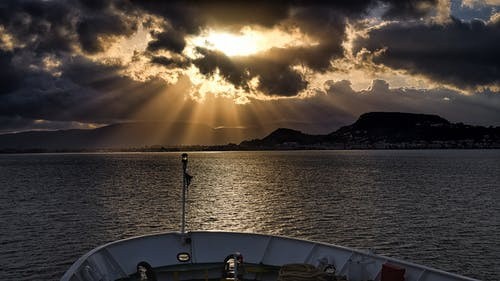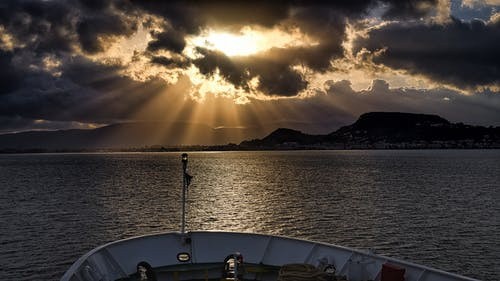

The Finland company Wärtsilä, in its continued thrust to usher newer and safer sea travel and better shipping options, is set to design and equip Norway with two electric ferries. Some weeks prior, CleanTechnica reported on the company's new barge, which is notable for being emissions-free and having interchangeable battery containers. The company also produced a hybrid tugboat three years ago, and in the near future, electric ferries may become the norm.
Wärtsilä is an energy and marine manufacturing business that works in vessels powered by batteries. They have recently been awarded the contract of designing and equipping two brand-new ferries that are battery operated and have zero emissions. The ferries will be constructed for Boreal Sjö, a Norwegian operator based in the Netherlands' Holland Shipyards. The orders were placed last April of this year.
The ship design will be customized and tailored specifically to the route and operating profiles where the ferries are intended to operate. The vehicles are projected to start operating by the autumn of 2021. Aside from designing and constructing the ferries, Wärtsilä will also provide the batteries, thruster motors, battery charger for both onboard and onshore purposes, various electrical systems, and the back-up generators.
The company shares how the ferries represent the first fruit of its many years of research and development efforts on lower carbon marine vessels.
Wärtsilä also highlights how vertical integration benefits its customers. The company says that there is a definite advantage in having such equipment being contracted from only one supplier. There is the benefit of convenience once vessel operation starts because the client will only need to talk to one business entity for its concerns on spare parts, customer support, and maintenance of the marine craft.
The two ferries have different specifications. One is going to be 30 meters in length and will be able to carry around 100 passengers and ten cars. Meanwhile, the second ferry will have a length of 50 meters and a capacity of 149 passengers and 35 cars.
These ferries, according to Wärtsilä, will be servicing specific Norwegian routes, which are: Launes to Kvellandstrand and back, and Abelnes to Andabeløy and back.
Finland and Norway, along with businesses like Wärtsilä, make a real positive impact in their efforts to bring about greener technology that eases the burden on our planet. For example, Evoy is another leader in manufacturing electric marine vehicles. It is also Norwegian, with a base of operations in Florø.
Such trends are welcome in the industry of marine shipping. Hybrid shipping is now a thing, and Norsepower CEO Tuomas Riski has recently provided insights and perspectives regarding the most exciting innovations in this aspect of the industry. In France, one such innovation involves repurposing old batteries from Renault EVs for use in electric boats used for tours.
It is important to educate and improve the awareness of travelers, corporations, consumers, and shippers regarding the threat of global warming, sea-level rise, and acidification of the oceans so that they can be united with us in the effort to face the challenges that these dangers pose. Our seas and oceans needless pollution, much like our atmosphere, and every step made towards the realization of zero emissions will be a big help.
© 2025 NatureWorldNews.com All rights reserved. Do not reproduce without permission.





